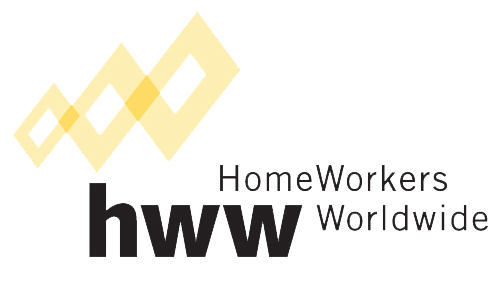
UK Work
Homeworking exists all over the world.
It is nothing new.
Traditionally, homeworking has been a part of many manufacturing industries, though the rise of the internet means many office jobs are now also being carried out at home. The global Covid 19 pandemic has vastly accelerated the shift to homeworking for an even wider range of jobs.
The flexibilisation of work is attracting increased attention in the UK and elsewhere. The gig economy is growing, but so too are concerns about the lack of rights for gig workers such as delivery drivers. Traditional forms of homework where workers are paid piece rates but receive no employment protections or job security have a great deal in common with what we now term ‘zero-hours contracts’ and the gig economy.
Until its closure in 2008, the National Group on Homeworking led campaigns for the rights of homeworkers in the UK. In 2010 HWW was able to revive some of this work with its project working with homeworkers and other low income women in the North of England.
Since 2015, building on our work on global supply chains and garment manufacturing, our UK work has been focussed on the garment manufacturing industry. This has included working alongside the Ethical Trading Initiative’s Working Group investigating conditions in the Leicester garment industry, and more recently supporting Labour Behind the Label’s campaign for better conditions in the midst of the Covid crisis in Leicester.
There is strong evidence that just as the pressures to cut costs and delivery times creates low wages and poor conditions overseas, UK manufacturers are subject to the same pressures from brands, leading to rights abuses.
HWW has also been carrying out research into the garment industry in Greater Manchester, and we are hoping to build on this work to ensure workers have a greater voice in the future of UK garment manufacture.
Resources.






